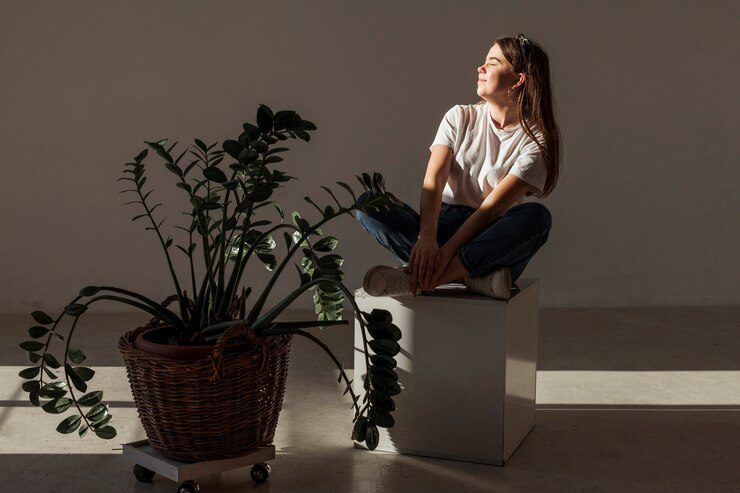Modern people have witnessed increased amounts of clutter and stress in their everyday lives, and that is why they have started getting interested in the ideas of minimalism. But what would minimalism mean, and in what ways can it help you to make your life less complicated? It is now time to learn about the potential of minimalism as a way to improve one’s quality of life.
What is meant by Minimalism?
Minimalism as a way of life is all about focusing on what needs to be considered important by eliminating the rest. They have to be content with as many possessions, relationships, or commitments as their circumstances can afford, and they have to be satisfied with the quality of such possessions, relationships, and commitments. It doesn’t mean that you have to reside in a room decorated only with a chair and a table; it means that you should control your environment and your life to represent the things you are aiming to achieve.
The Benefits of Minimalism
Reduces Stress and Anxiety
A clear sign that one needs to clear space in the home is improved stress levels since clutter can greatly contribute to stress. Stemming from the UCLA study, having more of these things also means having more to feel overwhelmed about. When you make your home sparse, they will not impose themselves on you, and your mind will be at so much ease. Less temptations result in more concentration on that which one loves doing, thus decreasing the rate of anxiety and increasing the rate of peace.
Saves Time
A minimalist lifestyle helps in more effective time management. Consider how many hours are dedicated to arranging, tidying up, and restoring your belongings. An American man and woman spend about 55 minutes daily in the house, according to the survey. They’ll free up time that would otherwise be spent looking for things and putting things away and use that time for something more meaningful like reading a book, having dinner with the family, or just relaxing.
Encourages Mindful Spending
People who embrace a minimalist lifestyle usually spend less, and therefore their spending habits are more considerate. This is because prioritizing experiences is a better way of valuing what adds happiness to your life. A survey conducted by the Journal of Consumer Research showed that people who considered experiencing happiness had higher life satisfaction irrespective of age. Thus, if you’re thinking about buying a gadget, then you should rather think about spending your money on an unforgettable trip or a cooking course.
Boosts Productivity
As you minimize the items in your environment, you can easily focus, and work better than when you are surrounded by too many items. According to research conducted at Princeton University, too much mess around the house may impair concentration and slow down working rates. Organizing your workstation and removing any clutter that is not required will help achieve a focused working environment and an increase in efficiency on the job.
A Basic Guide to Minimalism
In this case, changing to a minimalist lifestyle doesn’t always mean having to change everything at once. Here are some practical steps to help you begin:
Declutter: Begin with one room by picking an area that, even after cleaning, one will be relatively convinced of the level of cleanliness. This is a simple question you need to answer: is it necessary, does it have a function, or does it make you happy? Alternatively, you can donate it or sell the cloth or the material that your garments are made from.
Set Goals: Once again, describe what this concept of minimalism is all about as far as you are concerned. Is it about decluttering, having less to do, and deepening the quality of the relationships you have? Know from the start and establish your goals so you will know where you are headed.
Limit Commitments: Help yourself to realize when you need to refuse to do something that is not important to you. That is why time management is effective in the sense that it can help prioritize and spend more time on important issues.
Embrace Experiences: Turn your focus to moments instead of things. Making memories that will last a lifetime instead of gathering utter things that could be used for a little time only.
Conclusion
Many times, having a minimalist lifestyle is possible and may even prove to be the best option, as complexity is ultimately the way to happiness. Through reduction of stress, time saved, control of spending, and increased productivity, people can be in a position to do what is important Mosta 2013. Why, therefore, don’t I seize the first opportunity to act? Begin decluttering, create your goals, and see for yourself how it is effective in changing your life!







